Gallery
Photos from events, contest for the best costume, videos from master classes.
 | 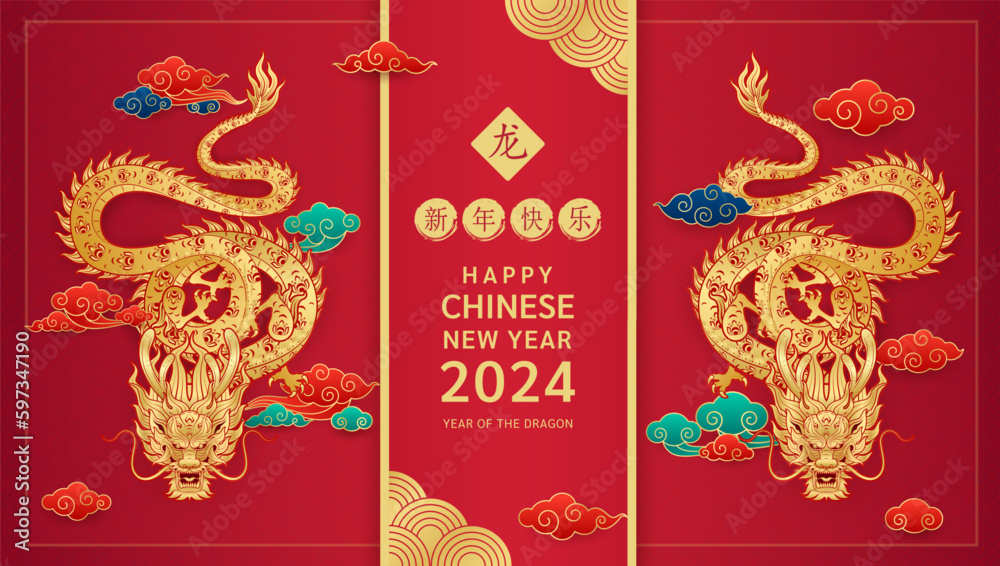 |
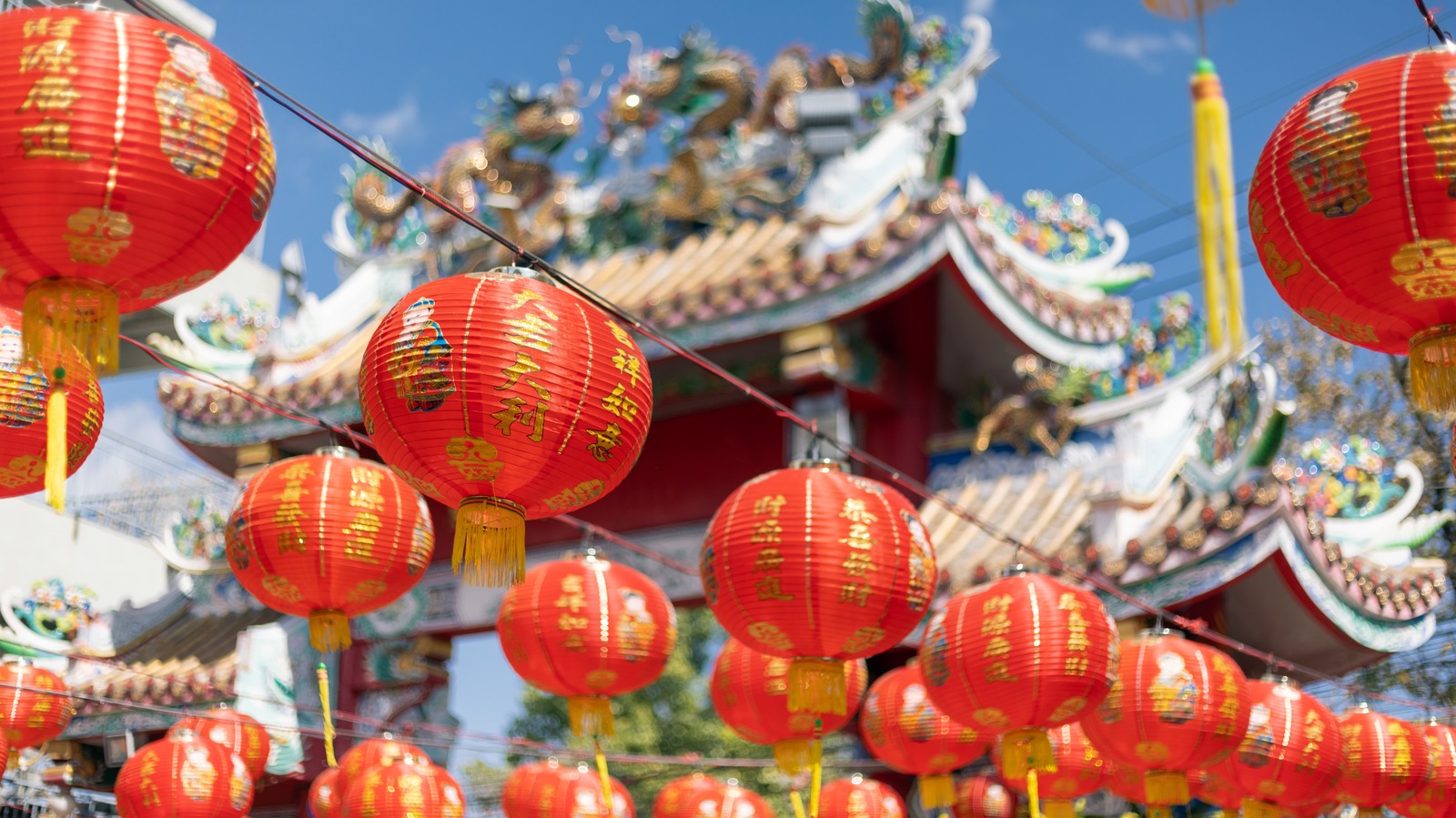 |  |
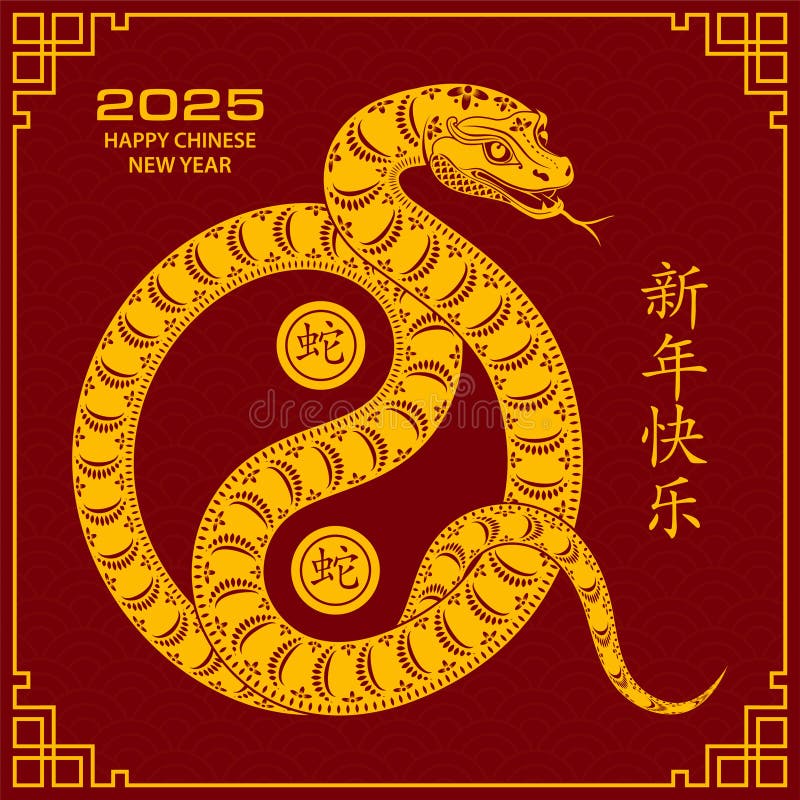 | 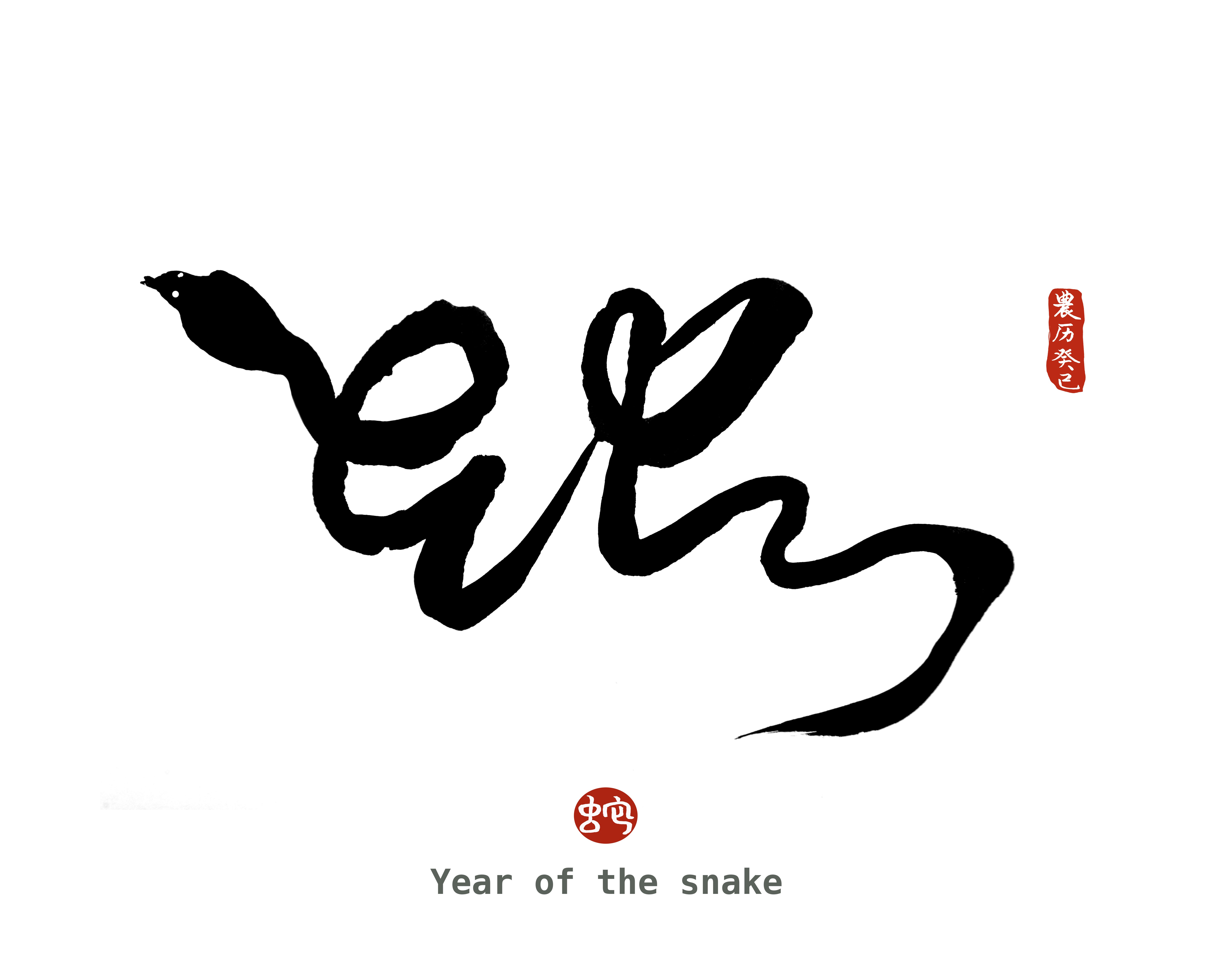 |
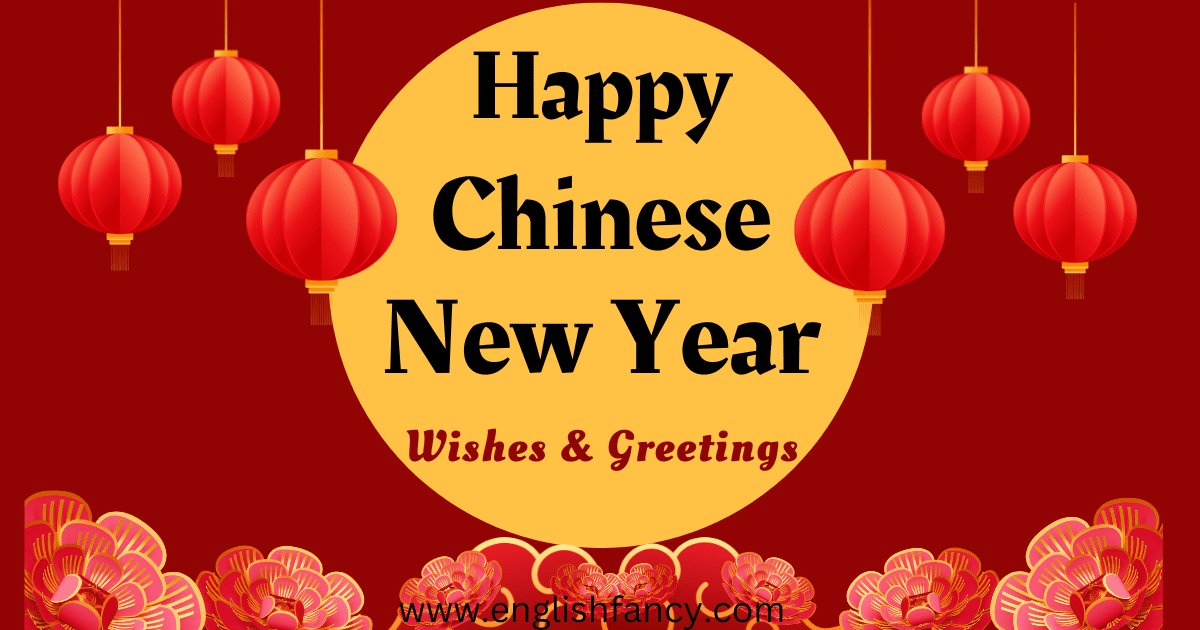 |  |
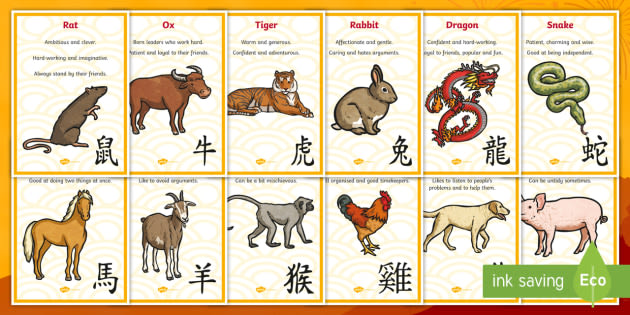 | |
 | 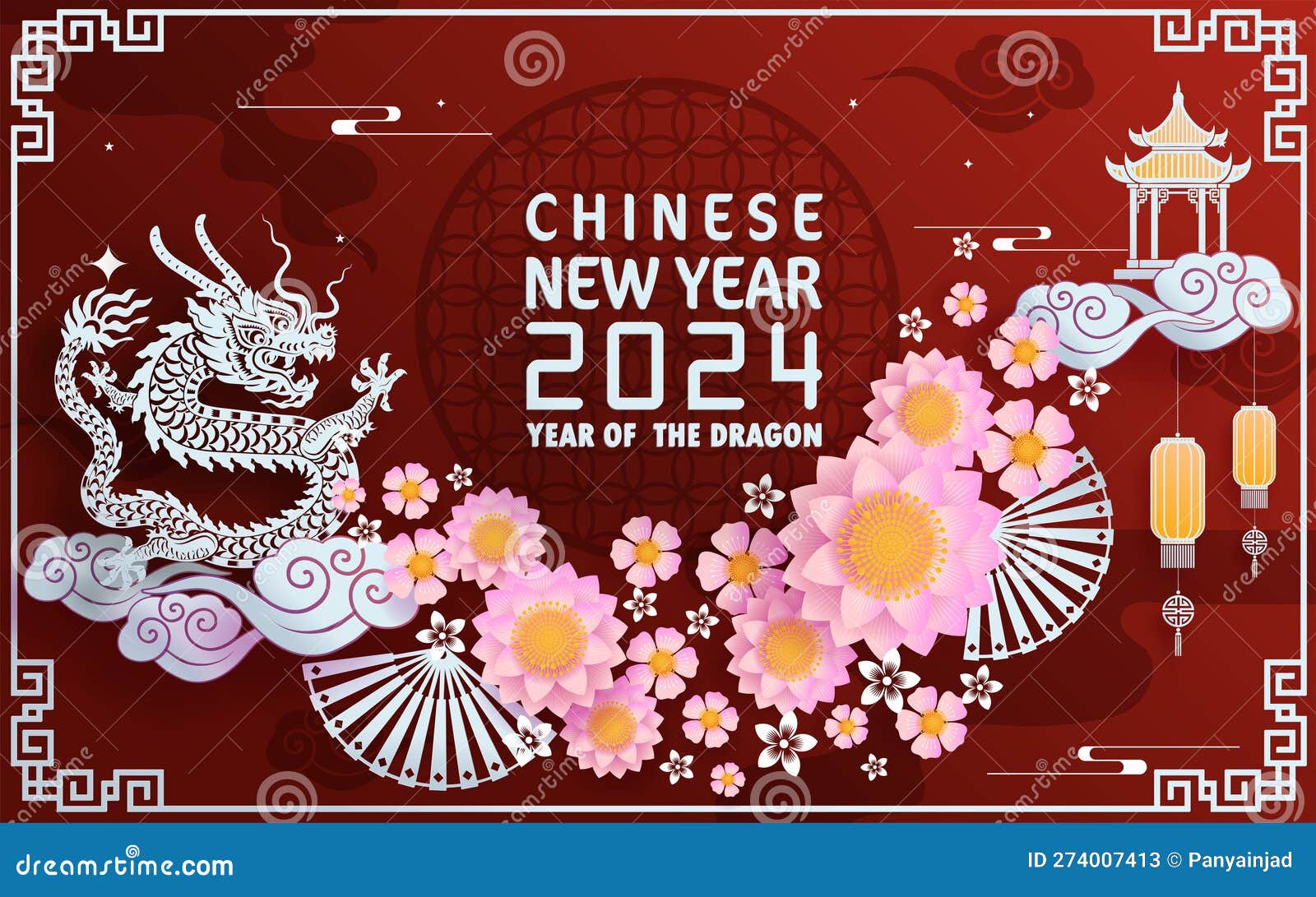 |
When Chinese New Year falls is based off a lunisolar calendar, and because of this, the date can change. It begins anywhere between 21 January and 20 February on the Gregorian calendar, but Chinese New Year differs from the ‘standard’ western New Year’s Day because it is based on the traditional Chinese calendar rather than the Gregorian one. Why is Chinese New Year on a different date each year? The Lunar New Year is one of the most important holidays in Chinese culture. Traditionally, Chinese New Year is a special time to Most people in the UK recognise New Year's Eve as 31 December, however the Chinese and Lunar New Year varies year on year, yet usually falls around the end of January. Chinese New Year takes place on Tuesday, February 1 in 2022. The celebrations, which are recognised as a public holiday in China, come a whole month after New Year was marked in the UK and other countries around the world. This is because Chinese New Year follows the lunar calendar. The Chinese zodiac is divided into 12 blocks (or houses) just like its western counterpart, but with the major difference that each house has a time-length of one year instead of one month. The exact date of the Lunar New Year changes each year as it is linked to the start of a new moon. This is different to the 'Gregorian' calendar that we traditionally use in the Chinese New Year festivities will start on Friday December 16. Why is it different? The UK have traditionally used the Civil calendar, otherwise known as the Gregorian calendar - which is Members of the Newham Chinese Association explain some of the traditions, festivals and customs that take place when Chinese New Year is celebrated. From folk stories and traditions to food, drink and costumes, discover facts about Chinese New Year and how it is celebrated both in China and the UK. A series of celebrations are set to kick off around the UK as the Chinese New Year approaches. Representatives from London, Bristol and Jersey, as well as companies and cultural organizations, gathered on Thursday at the Culture Section of the Chinese Embassy in the UK, to mark the beginning of the events. "Though we've been abroad for many years, we still have the feelings of when we were at home. Every Spring Festival my family would get together, watch CCTV's Spring Festival Gala, and eat dumplings. That's the real passing of the new year. The farther we are from home, the deeper the feeling is,” said overseas Chinese Ma Tao. The only difference here is that going home during Chinese New Year is so important to the Chinese people that it generates the largest human migration of the year. Millions of people leave cities on trains, planes and buses to reach their families in the countryside. Would you like to visit China during the Chinese New Year celebrations? The terms Lunar New Year and Chinese New Year are often used interchangeably. But it’s not the same. Although both celebrate the start of a new year according to the lunar calendar, they have different meanings, traditions, and cultural significance. While millions of people celebrate the special event each year, communities around the world have completely different approaches to it, with some starting the New Year on a different date. While in our Gregorian calendar we celebrate New Year on January 1st, the Chinese New Year celebrations begin at a different time each year. The 2019 festivities will get underway on 5 February. So why does the Chinese New Year have a different date every single year? Well, the Chinese New Year coincides with the lunar calendar, where the first day of the month begins during the new moon. The Chinese New Year, also known as the Spring Festival, has been celebrated for over 3,000 years and is rooted in the agricultural practices of ancient China. Unlike the solar-based calendars of Mesopotamia and Egypt, the Chinese New Year follows the lunar calendar, with the festivities typically occurring between 21 January and 20 February. After living in China for 3 years as V-Trust Sales Manager and 1 year in Vietnam as V-Trust Country Manager, I am happy to share my experience and feelings, even if, for sure, I don’t know everything and they may not be exhaustive. Chinese New Year and the Vietnamese New Year (called Tết in Vietnam) actually have a lot in common. Kelly, 22, who is originally from Hong Kong, says she was left "feeling different" at work, as she found it challenging to explain the importance of the Lunar New Year in her London workplace. To Why Teach Chinese New Year: Exploring the Cultural Significance and Educational Benefits. Chinese New Year, also known as the Spring Festival, is one of the most important traditional Chinese holidays. It is a time for families to reunite, celebrate, and usher in a new year filled with good fortune and prosperity.
Articles and news, personal stories, interviews with experts.
Photos from events, contest for the best costume, videos from master classes.
 |  |
 |  |
 |  |
 |  |
 | |
 |  |